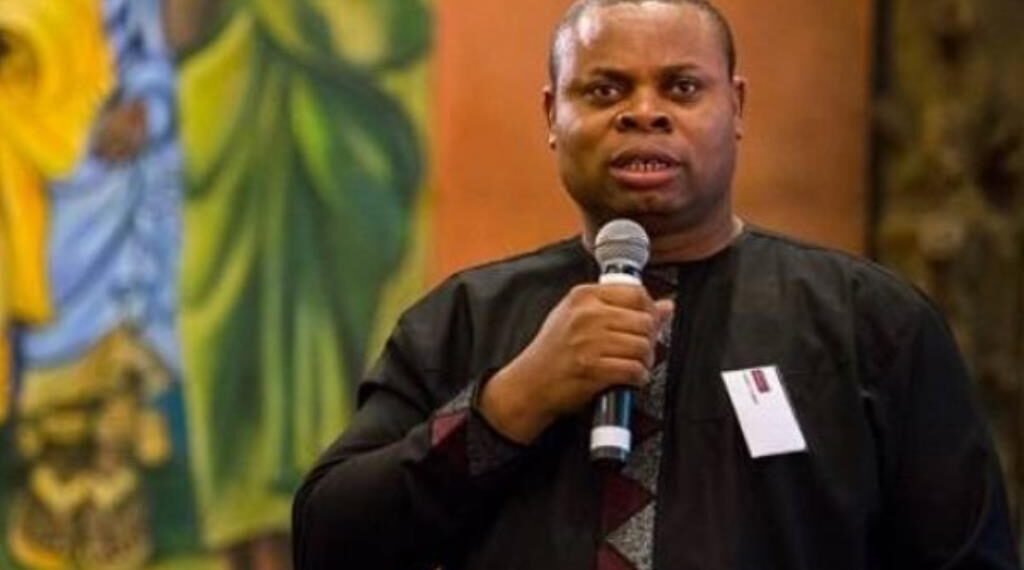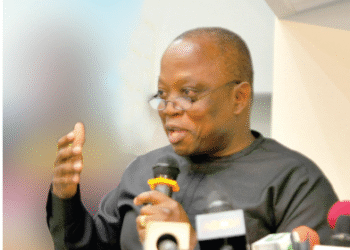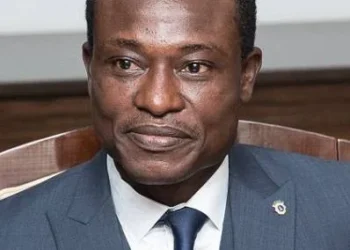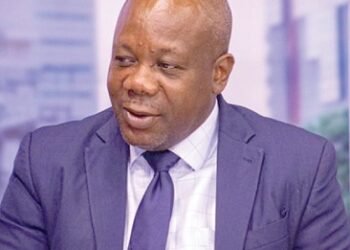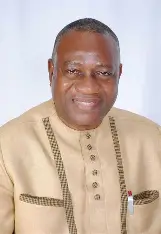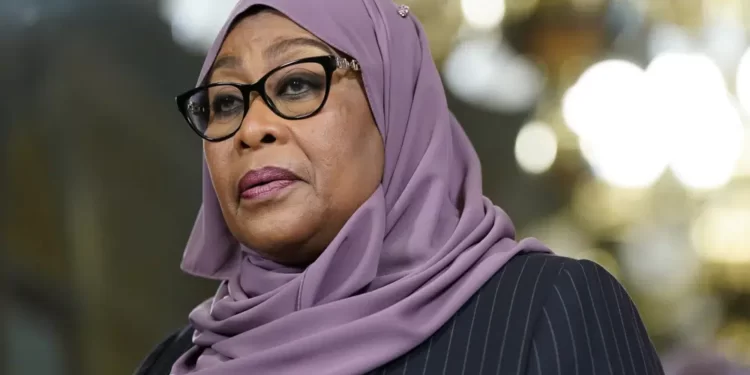Founding President of IMANI Africa, Franklin Cudjoe, has urged Ghanaians to hold the government accountable to its promise of waging a decisive war on illegal mining, warning that failure to act decisively could have grave political and environmental consequences.
In his assessment of the ongoing efforts to curb illegal mining, commonly referred to as “galamsey,” Mr. Cudjoe acknowledged the increased political interest in mining communities and the electoral consequences that have historically followed ineffective responses to the menace.
“It is a fact that elections have been lost and won in mining areas due to heightened political interest and campaigns. Of course, the inadequate action of the past government got the whole country up in arms against it and suffered great electoral defeat”
Franklin Cudjoe, Founding President of IMANI Africa
Mr. Cudjoe commended the Minority Leader, Hon. Alexander Afenyo-Markin, for drawing attention to the issue, stressing that the focus must now shift from rhetoric to results. Mr. Cudjoe insisted that the current administration, under President John Dramani Mahama, must be held to its own pledge to “wage a war” against galamsey and protect Ghana’s water bodies and agricultural livelihoods.
According to the IMANI Africa president, the government has in the past nine months introduced several initiatives to tackle illegal mining, including the launch of the Responsible Community Mining and Skills Development Programme, the Blue Water Guard Initiative, and the establishment of the GoldBod – an institution designed to promote responsible gold trade and traceability.
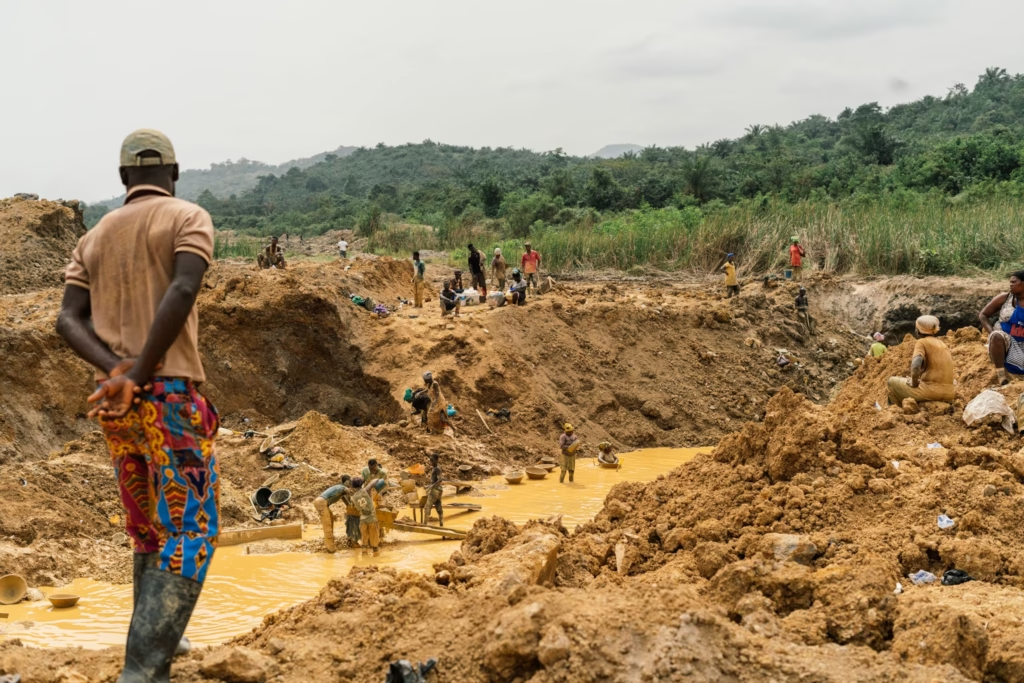
“Additionally, the government has rolled out the National Anti-Illegal Mining Operations Secretariat (NAIMOS), proposed Legislative Instrument (L.I.) 5401 to repeal the existing L.I. 2462, and convened national stakeholder dialogues on addressing illegal mining and galamsey”
Franklin Cudjoe, Founding President of IMANI Africa
Other measures have included proposals to “de-chemicalise” polluted rivers and the prosecution and deportation of individuals involved in illegal mining.
These interventions, the Ministry of Lands and Natural Resources has explained, are aimed at creating a more coordinated and sustainable approach to regulating artisanal mining while restoring polluted ecosystems.
Persistent Challenges
Despite these interventions, Mr. Cudjoe lamented that the situation on the ground remains dire, with illegal mining still rampant in several communities.
He noted that rivers and water bodies continue to be heavily contaminated with toxic chemicals – leaving them turbid, arsenic, and untreatable – rendering them unsafe for both domestic and industrial use. “Illegal mining stares glaringly in the face of affected communities with no end in sight,” he cautioned.

The IMANI Africa President further argued that the government’s much-publicised “war” against galamsey appears to have stalled, particularly in efforts to safeguard Ghana’s cocoa sector and the livelihoods that depend on it.
“The ‘war’ the government promised – is yet to receive the command,” he said, adding that any failure to deliver tangible outcomes could carry serious political costs. Mr. Cudjoe warned that even impressive economic growth would not shield the government from electoral punishment if illegal mining remains unresolved.
“If it fails to deliver, it would be defeated by the electorate even if it achieves 20% GDP growth. But let us police the government to win the fight, a very simple fight really”
Franklin Cudjoe, Founding President of IMANI Africa
His remarks highlight a broader national concern about the sustainability of Ghana’s natural resources, particularly as illegal mining continues to threaten water security, agricultural productivity, and rural livelihoods.
The Lands and Natural Resources Ministry has reaffirmed its commitment to intensify enforcement, strengthen community participation, and sustain rehabilitation of affected ecosystems. It has also indicated that the government’s ongoing stakeholder consultations will lead to a more structured framework for monitoring, intervention, and accountability across all mining districts.
Mr. Cudjoe’s call adds to growing civil society pressure for transparency and measurable results in Ghana’s anti-galamsey campaign.
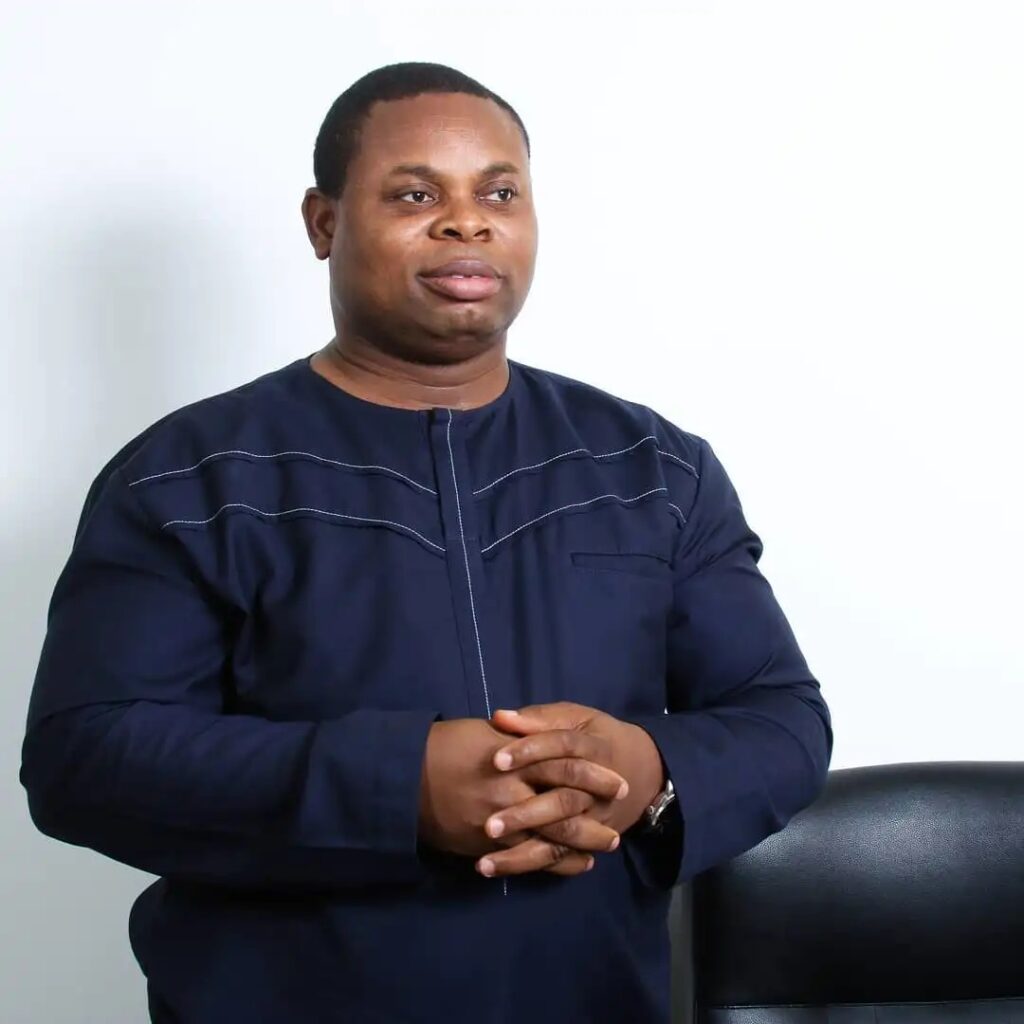
With the Mahama administration’s pledge to make environmental protection a governance priority, expectations remain high that forthcoming reforms will yield visible impact in restoring polluted water bodies and protecting vulnerable communities.
READ ALSO: US, China Reach Rare Earths Deal In Trump-Xi Meeting

